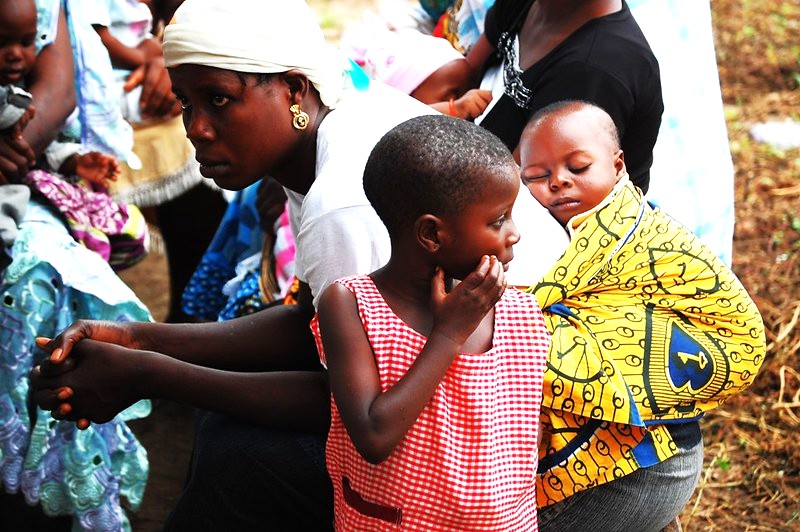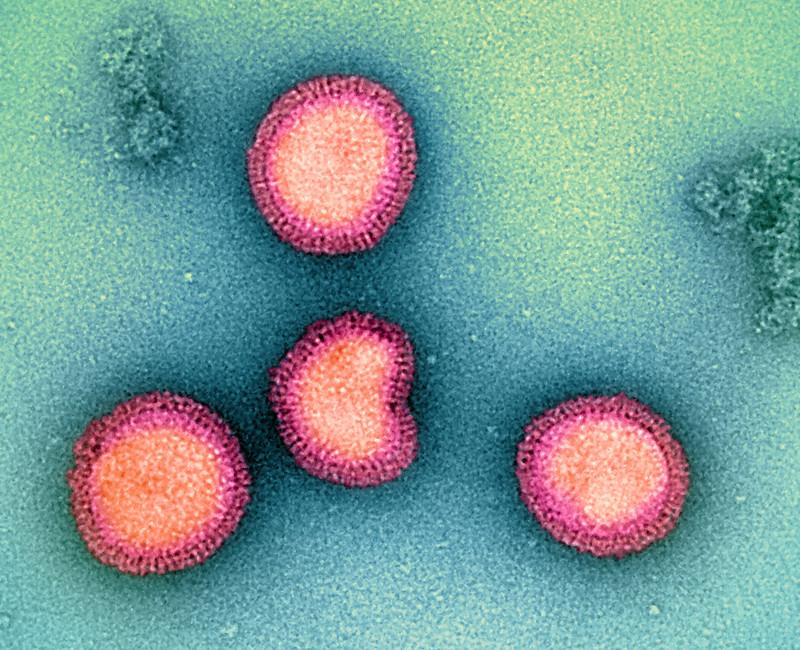
The use of permethrin-treated cloth baby wraps among mothers of 6- to 18-month-old children in Uganda reduced clinical malaria infections in the babies by 66%, according to a study published in the New England Journal of Medicine.
Researchers at the University of North Carolina at Chapel Hill and the Mbarara University of Science and Technology in Uganda conducted a double-blind, randomized, controlled trial among women with a child aged 6 to 18 months old from June 2022 through April 2024 to determine if the insecticide lowered rates of the mosquito-borne illness.
The 400 mother–child pairs were randomly assigned in a 1:1 ratio to use permethrin-treated baby wraps (intervention group) or sham-treated wraps (control group). The wraps were retreated every 4 weeks, and all participants were given a new, pyrethroid-treated bed net.
Participants visited a trial clinic every 2 weeks for 24 weeks and made unscheduled visits if their child developed a fever. Clinical malaria was defined as fever and a positive malaria rapid diagnostic test.
"We leveraged the traditional practice of mothers carrying children on their backs in cloth wraps to assess whether treating the wraps with an insect repellent might provide a layer of protection against malaria," the study authors wrote. The wraps also serve as a blanket or swaddle when the children are set on the ground and in bed.
Integration with cultural norms
Clinic attendance was 99.9%. The incidence of clinical malaria was 0.73 cases per 100 person-weeks (95% confidence interval [CI], 0.51 to 1.02) in intervention recipients and 2.14 per 100 person-weeks (95% CI, 1.73 to 2.62) in controls (incidence rate ratio, 0.34), for a 66% reduction. Intervention recipients reported rash more often than controls (8.5% vs 6.0%).
We leveraged the traditional practice of mothers carrying children on their backs in cloth wraps to assess whether treating the wraps with an insect repellent might provide a layer of protection against malaria.
"Treatment of these wraps has potential advantages, including the ability to target young children (who are most vulnerable to the severe manifestations of malaria, including death), integration with existing cultural norms, protection against outdoor and daytime mosquito biting, and the minimization of direct contact with permethrin because the wrap is worn over clothing," the researchers concluded.














